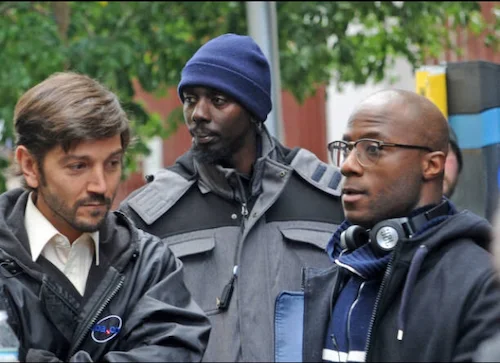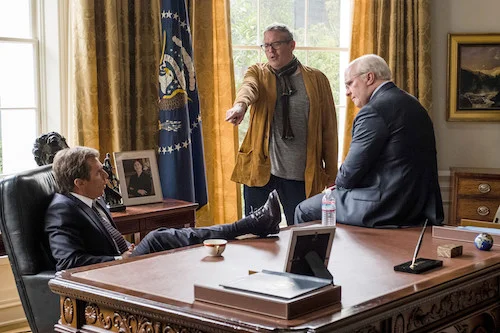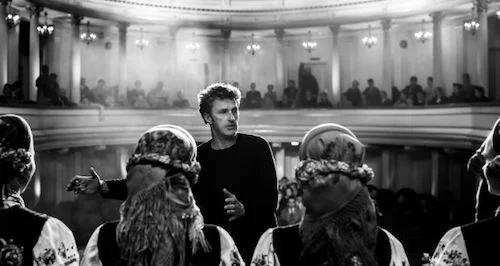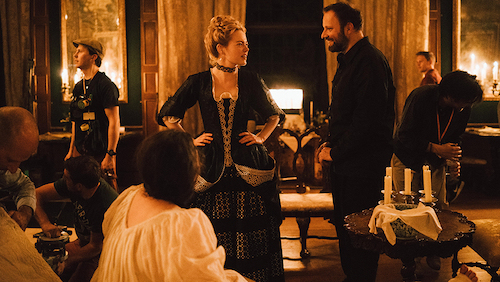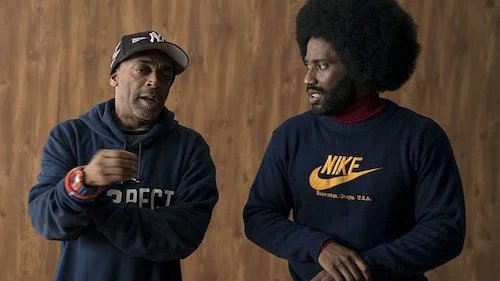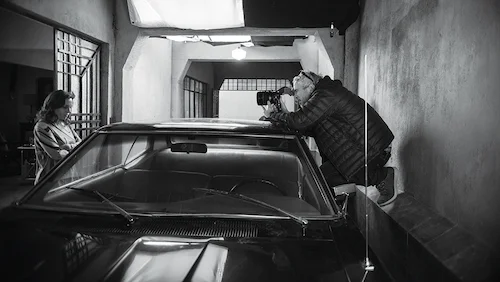Academy Awards Project: Best Director
We are reaching the most coveted categories, now. For many, Best Director is just as big or even more monumental than Best Picture. This is a tribute to the best filmmakers of the year, especially when the right directors get selected. This year, the Academy did a near perfect job of selecting its nominees (near being the operative word: one of these filmmakers is definitely replaceable). We even have two foreign film nominees here, which is a first. Three of the nominees are masters of world cinema. We also have a legend getting his first nomination in the category ever (surprising, I know). There is much to discuss, clearly. Let’s not waste any more time. Here are the nominees for Best Director, ranked from worst to best.
Biggest Snub: Barry Jenkins-If Beale Street Could Talk
I know most of you were probably expecting Bradley Cooper here. While Cooper’s stripped down approach to A Star is Born is definitely noteworthy (for a first timer, too), this spot was 100% Jenkins for me. If Beale Street Could Talk was severely under-appreciated by the Academy this year, especially considering it was a fantastic sister film to Moonlight. Jenkins has such a personable, lush touch to his films that just make his works resonate with the utmost levels of sincere poetry. Even the much-more plot heavy Beale Street feels like a moving piece of art. Definitely one of the best directorial works of the year, without a second’s doubt.
5. Adam McKay-Vice
This is easily the weakest nominee, but I get the idea behind placing McKay here. Firstly, Vice had one hell of a promotional push this season (despite being just okay). Secondly, it definitely is a film that is hinged on its filmmaking decisions. Who is behind the vast majority of them? McKay of course. Where as the majority of the experiments in The Big Short make sense, in Vice, you’re kind of stuck appreciating each decision individually but not the entire project. There are some home runs (the re-occuring question of “who is this random guy talking to the camera, and what does he have to do with Dick Cheney?”). You can definitely make a case that McKay was one of the more daring mainstream directors of the year. Was he one of the best? Well, that’s debatable.
4. Pawel Pawlikowski-Cold War
This is where things get heated immediately. Firstly, thank the cinematic gods (Bergman, Kubrick, Varda and Buñuel) that Pawlikowski even got nominated here. This is why I stick around with the Academy Awards despite the many issues these ceremonies have: someone like Pawlikowski has a chance of being highlighted in such a major category. His sublime work with Cold War is absolutely noteworthy. The battling sides between romance and turmoil have such a strong balance towards them; this leads to the bittersweet ending of the year. Pawlikowski directs with his heart, and it always shows due to his sculpting of emotions.
3. Yorgos Lanthimos-The Favourite
Who would have thought that Lanthimos would ever be mentioned in this category? I’m thrilled that he is, but his work is always so insanely peculiar that you would never think the masses would want to bestow such an honour on him. With The Favourite, Lanthimos provides a smorgasbord of insanity. There is humour that is way too dark, immense vulnerability, and technical experimentation (fish eyed lenses, super-imposed rabbits and all). This is filmmaking wizardry on full display here; please let this not be the only time Lanthimos gets such universal appreciation.
2. Spike Lee-BlacKkKlansman
How in the hell is this the only time Spike Lee has been nominated for Best Director? Not even for Do The Right Thing? Well, the Academy finally did the right thing and acknowledged an iconic, revolutionary filmmaker. With BlacKkKlansman, Lee gives us a little bit of the familiar, with a pinch of the different. The picture runs smoothly as a mainstream flick, with great pacing and punchy moments. Yet, Lee is a student of the medium that loves to toy with it even just a little bit. This is where his liberties come in, ranging from the bold opening sequence straight to the shocking closing footage (and everything in between). There is superimposition, camera tricks, and artistry galore. Welcome to the club (finally), Spike! It’s been far too long.
1. Alfonso Cuarón-Roma
Whereas Lee replicated the cinematic language he wished to tamper with, Cuarón decided to pull out the old recipe book and start from the barest of basics. Roma is indicative of the earliest means of filmmaking: to shed a new perspective on life through technological means. The entire picture is an unforgettable experience that doesn’t even just mess around with film conventions, but it reinvents them whilst boldly going backward. The film is never too slow, thanks to all of the aesthetic marvels that are tossed our way. When the film picks up, you are knocked over with an influx of emotions. I’m resorting to cliches, but there really is no easy way to explain just what Cuarón pulls off from a directorial standpoint: it’s as if he made everything out of the ordinary. Without debate, he is the best director of the year.
Our Predicted Winner: At this point, Alfonso Cuarón will likely grab his second Academy Award for Best Director this year.
Our Academy Awards Project is an ongoing series that will continue until tomorrow. Tune in for the final two categories (Best Foreign Language Film, and Best Picture)!
Andreas Babiolakis has a Masters degree in Film and Photography Preservation and Collections management from Ryerson University, as well as a Bachelors degree in Cinema Studies from York University. His favourite times of year are the Criterion Collection flash sales and the annual Toronto International Film Festival.


